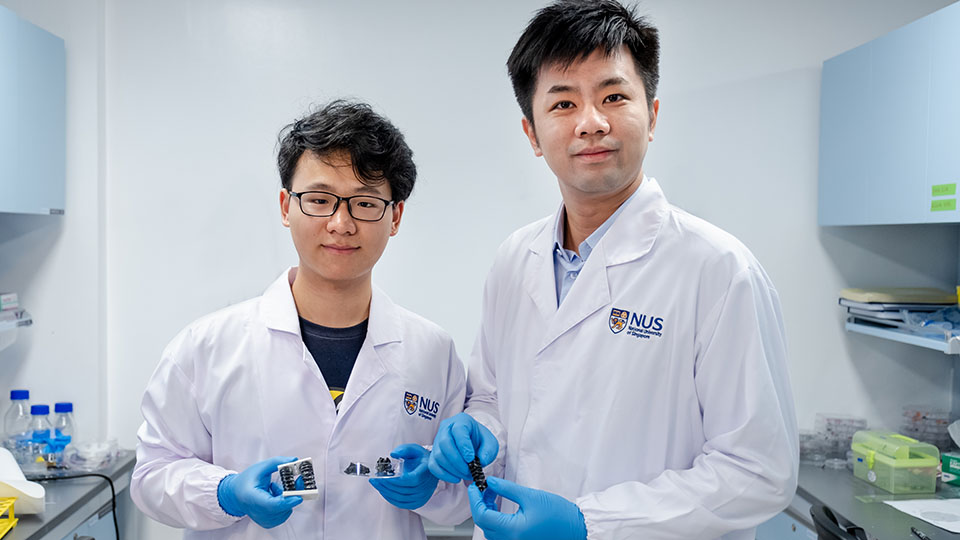A team of researchers from National University of Singapore (NUS) has developed a novel method of creating a new metal-based material for use in "soft robots".
Also known as ‘origami robots’, these flexible robots are being tested for use in various applications. These include drug delivery in human bodies, search and rescue missions in disaster environments and humanoid robotic arms.
They are often made from soft materials such as paper, plastic and rubber. However, to be functional, sensors and electrical components are often added on top. These add bulk to the devices.
The new material by NUS combines metals such as platinum with burnt paper (ash), enhancing its capabilities while maintaining the foldability and lightweight features of traditional paper and plastic. It is also half as light as paper, which also makes it more power efficient.
As an added advantage, the novel conductive material has geothermal heating capabilities on-demand. Sending a voltage through the material will cause it to heat up, which helps to prevent icing damage when a robot works in a cold environment. These properties can be used in the creation of search-and-rescue robots to enter hazardous areas while providing real-time feedback and communication.
“We experimented with different electrically conductive materials to finally derive a unique combination that achieves optimal strain sensing and wireless communication capabilities," said Yang Haitao, doctoral student at NUS Chemical and Biomolecular Engineering and the first author of the study. "Our invention therefore expands the library of unconventional materials for the fabrication of advanced robots."



